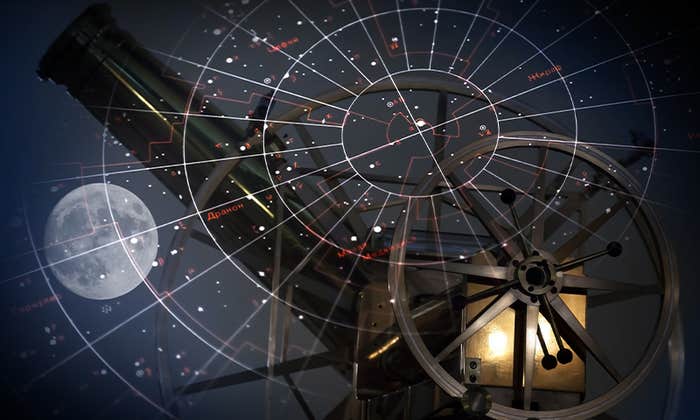
Nothing” isn’t what it used to be. It used to be something self-evident: the opposite, or the absence, of something. We still use the word this way colloquially, of course. When I’m asked, on the sidewalk, if I can spare some change or a dollar, I say, if I have neither, “Sorry, I got nothing.”
But this sense of the term doesn’t make much sense in science—at least, not anymore. “Nothing” used to be taken as an empty void, the space in which no particles exist. This way of thinking works for money. You either have it, in your wallet or your bank, or you don’t. But it doesn’t work with matter, energy, space, and time. “Nothing,” in physics, is really quite something.
The cosmologist and theoretical physicist Lawrence Krauss got some backlash for this re-definition. His 2012 book, A Universe from Nothing: Why There Is Something Rather Than Nothing, seemed, by the title, poised to answer that perennial and perplexing question: Why is there something rather than nothing? But what he offered looked, to some, like a conceptual sleight of hand: Instead of answering the question, he defined “nothing” out of existence!
“Some people get upset that we change the meaning of ‘nothing,’” he told us, when we asked if he was avoiding the question, “but we changed the meaning of light when we realized it was made of photons. I mean, it really is what learning is all about.” The old definition of “nothing”—Krauss called it “that from which only God can create something”—was never much of a definition to go on, anyway. It was once the conventional wisdom that that sort of nothing surrounded our galaxy, before we knew there were others out there, he said. Yet “that kind of nothing creates something all the time, because elementary particles pop in and out of that kind of nothing all the time—they’re called virtual particles.”
So why not change the definition? “We now realize,” he said, “that ‘nothing’ is a very subtle concept.” See why, in this clip of our conversation with Krauss below:
Brian Gallagher is the editor of Facts So Romantic, the Nautilus blog. Follow him on Twitter @bsgallagher.






























